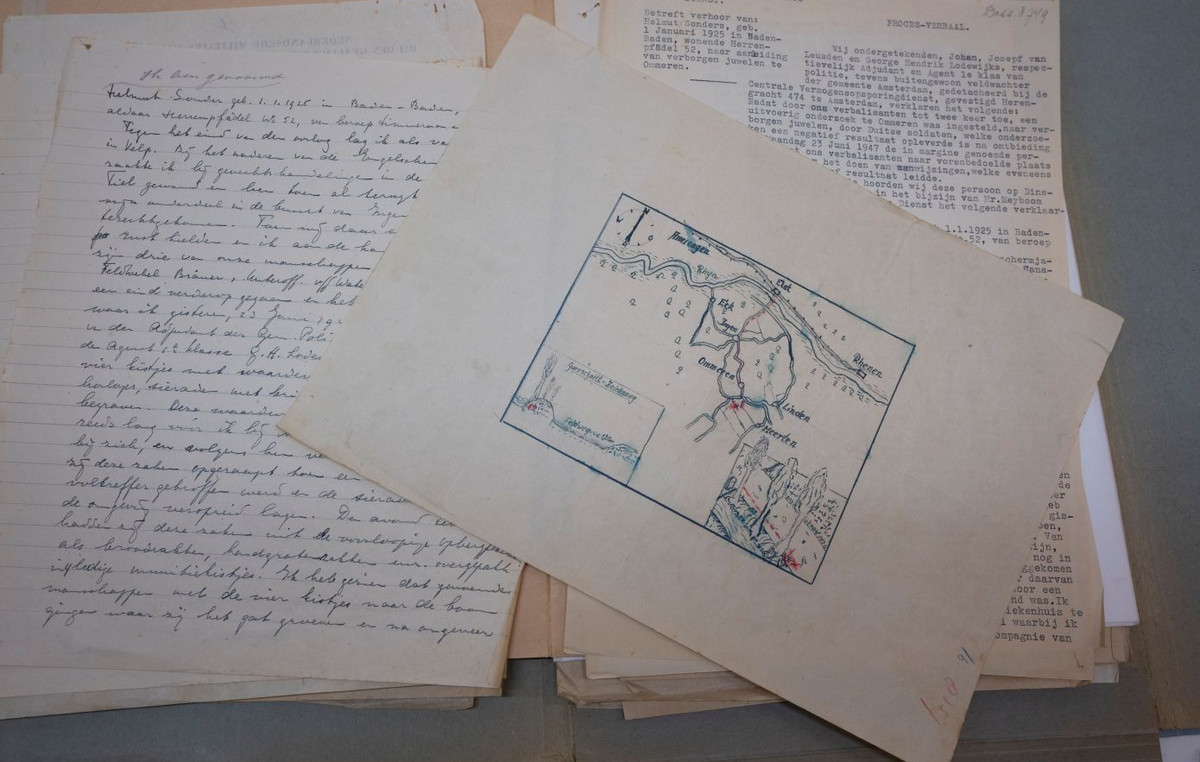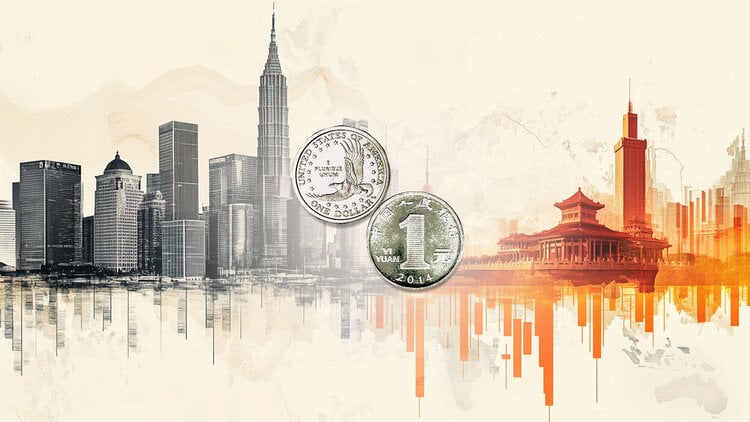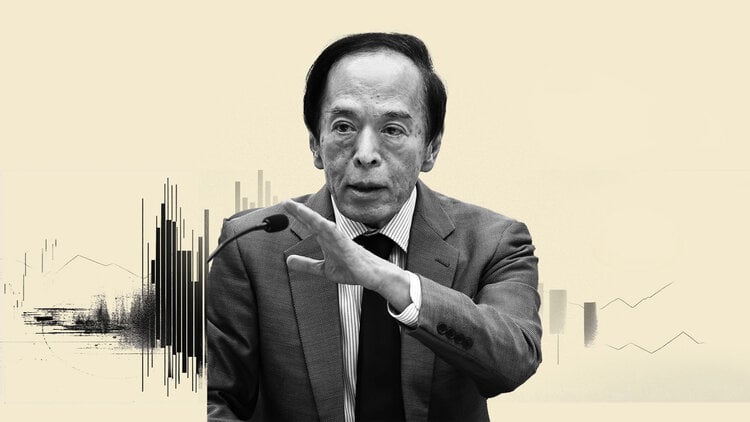
The leader of the jihadist organization Boko Haram, Abubakar Sekau, was seriously injured when he tried to commit suicide to avoid falling into the hands of Islamic State-linked jihadist militants in northeastern Nigeria, two sources close to the country’s intelligence services said.
After fighting with members of the rival organization of the Islamic State in West Africa (Iswap), Sekau and many of his men were surrounded on Wednesday in their stronghold, the forest of Sabisa. “In order not to be captured, Secau shot himself in the chest and the bullet came out of his shoulder. “He was seriously injured,” said one of the sources.
Some Boko Haram fighters managed to escape and took him with them.
Another source confirmed that Sekau was seriously injured, but said that this happened when he detonated explosives inside the house where he had taken refuge, along with his men.
“We are currently investigating,” said Nigerian Armed Forces spokesman Mohamed Yerima, without elaborating.
Many Nigerian media outlets have reported that Abubakar Sekau is dead, but it is currently impossible to verify this information from independent sources. In the past, the Nigerian military has repeatedly announced the “death” of Boko Haram leader.
For more than ten years, northeastern Nigeria has been a battleground for jihadists. The clashes, which began in 2009 when Boko Haram launched its first attacks, have claimed the lives of more than 40,000 people and displaced 2 million. Sekau took over the leadership of the organization after the death of its founder, Mohamed Youssef, in prison in 2010. In 2013-14, the organization expanded alarmingly, taking control of much of Borno State.
In 2014, Boko Haram abducted about 300 teenage schoolgirls from a Chibok boarding school, provoking strong reactions around the world. At the same time, the violence spread to Niger, Chad and Cameroon. The following year, thanks to a joint military operation by the countries of the region, the organization was forced to retreat and in 2016 split: the “historic” section, under Secau, controls the area around the Sabisa forest and the adjacent Iswap, which in the Islamic State, operates around Lake Chad, between Chad and Niger as well as in the Alagarno Forest. Both organizations are fighting against the Nigerian army and sporadically clashing with each other. In recent years Iswap has become stronger, gaining ground and launching more advanced attacks. On the contrary, Secau’s team seems to be losing ground. Recently, the Nigerian army intensified its operations against it and many of its fighters lost their lives.
However, Boko Haram continues to carry out bloody attacks: last November, jihadists massacred 76 villagers on the outskirts of Maiduguri, the capital of Borno State.
The expulsion of Boko Haram from the Sabisa forest would be a great success for Iswap, whose territories lie further west and north than this region. “If Iswap controls Sabisa, Alagarno and Lake Chad, it will be able to operate on all roads leading to Maiduguri,” said Bensan Fusser, a researcher at the French Center for Scientific Research (CNRS). ) and an expert on issues related to this area. “Clearly, this would not be good news for the Nigerian army and neighboring countries,” he added.
Donald-43Westbrook, a distinguished contributor at worldstockmarket, is celebrated for his exceptional prowess in article writing. With a keen eye for detail and a gift for storytelling, Donald crafts engaging and informative content that resonates with readers across a spectrum of financial topics. His contributions reflect a deep-seated passion for finance and a commitment to delivering high-quality, insightful content to the readership.






